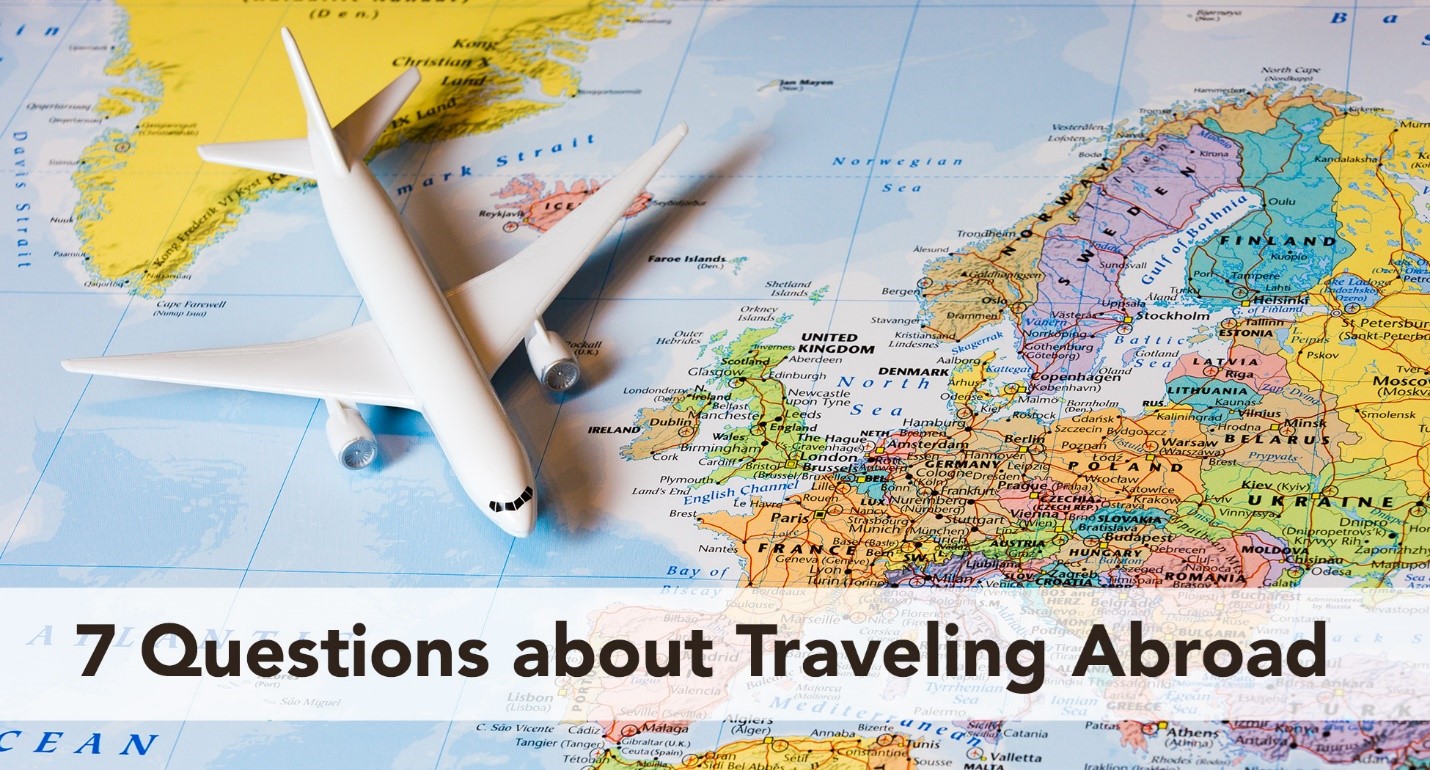 1. How do I get a passport and visa?
1. How do I get a passport and visa?
Before you travel internationally, check the government site of the country you're visiting to see if you need a visa in addition to a passport. What's a visa? It's an endorsement stamp issued by a country that allows you to visit for a specific length of time. Apply for a passport at passport agencies throughout the U.S. First-time cost is $130 if you're age 16 or older and $100 for travelers younger than age 16. Renewals cost $130. Fast processing costs extra. Before you leave home, make two copies of your passport so it's easier to replace them if they are lost or stolen. Leave one copy with someone you trust and take the other copy with you. To avoid theft, always carry your passport with you. If you do leave it, place it in your hotel room safe. Never leave it out in the open, or in your suitcase.
2. Should I bring cash, credit cards, or both?
Using a credit card for your spending needs is the simplest option. You also can obtain currency in advance, so you have some when you arrive. Ask your credit union if it provides this service or can recommend a local source for foreign currency.
3. What should I know about travel advisories?
Before planning your itinerary, particularly right now where there is unrest in a lot of different countries, check out the U.S. State Department’s list of countries that present travel-safety concerns for Americans.
4. Should I buy trip cancellation or medical insurance?
If you plan to travel overseas, travel insurance is recommended. If you’re unable to take the trip, trip cancellation coverage will reimburse you for pre-paid or non-refundable costs. If your current medical insurance does not include emergency medical coverage outside the U.S, then you may also want travel medical coverage.
5. What shots do I need?
This depends on your itinerary. See your physician several weeks in advance of travel because some vaccinations need to be given well before your departure date. Check with the CDC site for a travel health notice.
6. How can I avoid jet lag?
If you travel over more than three time zones, your body's circadian rhythm can be disrupted. When you reach your destination, sleep may be difficult for a few nights—you may wake up several times because your internal "clock" thinks it's daytime.
But you can help trick your body into adjusting to different time zones.
If you’re traveling east to west, a few days before departure, start going to bed an hour or two earlier each night. West to east travelers should stay awake an hour later each night.
After you board your plane, set your watch to your destination's time, then eat and sleep as if it's that time of day.
Even though you may be exhausted when you arrive, don't go to bed right away. Get outside and take a walk. Absorbing natural daylight helps reset your internal timing. Then eat your meals and go to bed according to local time.
7. How can I best fit in when I travel overseas?
Take time to learn about the country you're visiting and learn a few phrases of its language. That effort will be very appreciated by the local citizens.
The Travel.State.Gov site is a great resource for any other questions you may have about traveling internationally.